Archived: ECHO – Cultural Heritage Online
The European Cultural Heritage Online Initiative (ECHO) emerged from an earlier project, the Archimedes Project, which was also coordinated by Department I of Jürgen Renn at the Max Planck Institute for the History of Science in Berlin. ECHO was funded in 2002 as a research, technological development, and demonstration activity within the Fifth Framework Program of the EU. The idea behind ECHO was to take the generic features of more specialized digital libraries, such as that of the Cuneiform Digital Library Initiative or the Archimedes Project, and to build from them an overarching infrastructure open for all kinds of cultural heritage materials. Existing libraries could be integrated into the ECHO environment as “seed collections” that would demonstrate what is possible and also help to encourage a self-organizing process by which more and more cultural resources would become openly accessible on the Web. At a time when the technical equipment necessary to present such resources online was not yet widely available, the ECHO environment was intended to also support smaller archives, libraries, and collections in publishing their sources online, if possible, in cooperation with scholars working on these materials.

The ECHO website and working environment.
The aim of ECHO was to encourage broad participation in this initiative by creating what we termed “ECHO added value,” constituted by a higher visibility of the responsible institution and an enrichment of the materials made available, for instance, by connecting them with language technology, scholarly work, and with links to related materials. High-quality reproductions connected with transcriptions and language technology is a standard achieved for a considerable part of the ECHO material.
The ECHO team collaborated with holders of sources and with scholars who were interested in them to create digitization projects feeding directly into ECHO. Successful examples were the cooperation with various Italian archives and libraries, the joint Spanish-German Humboldt Project, which collected data dispersed throughout Europe on scientific activities related to the Canary Islands, and the creation of digitization centers for historical materials in Beijing and in Ulan Batar.
ECHO contains material provided by fifty institutions worldwide, including material related to anthropology, archaeology, botany, demography, geography, history of art and architecture, history of science, language study, literature, philosophy, psychology, and religious studies. The holdings include around 230,000 high-resolution images of documents and artifacts, around 57,000 page transcriptions in XML, and around 240 video sequences. ECHO played a pioneering role in preparing larger initiatives such as the Europeana and the German Digital Library (DBB).
ECHO team: Jürgen Renn, Jochen Büttner, Robert Casties, Peter Damerow, Lindy Divarci, Carmen Hammer, Simone Rieger, Urs Schoepflin, Klaus Thoden, Dirk Wintergrün, Matteo Valleriani.
Active development of the ECHO website ended in 2015 and the site was archived in 2025.

